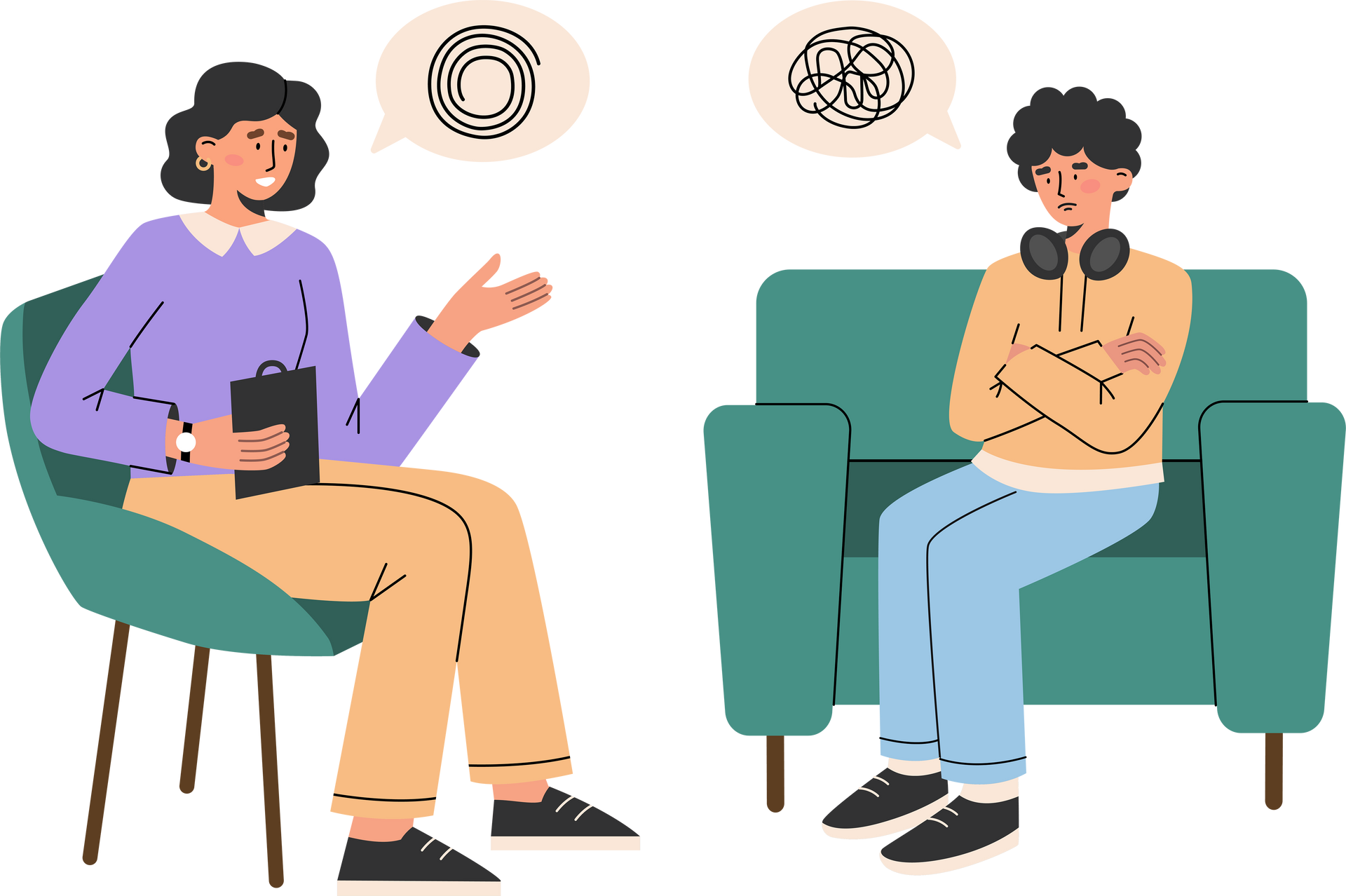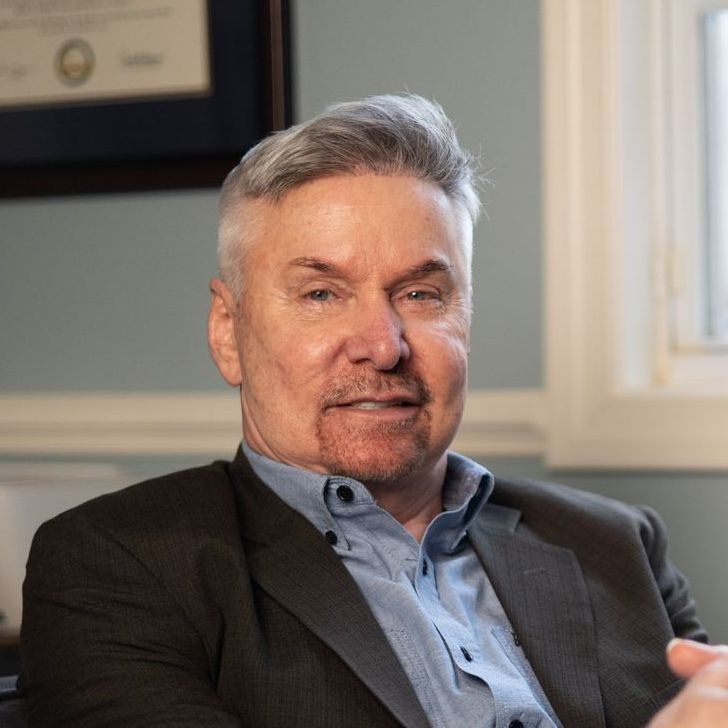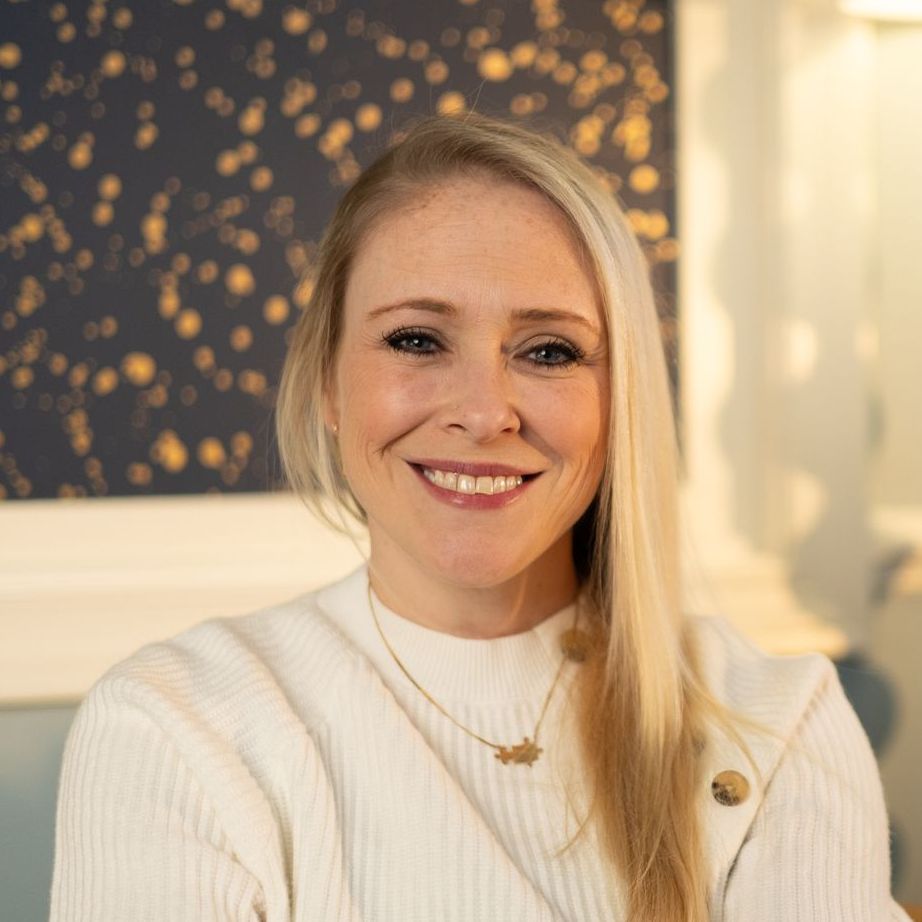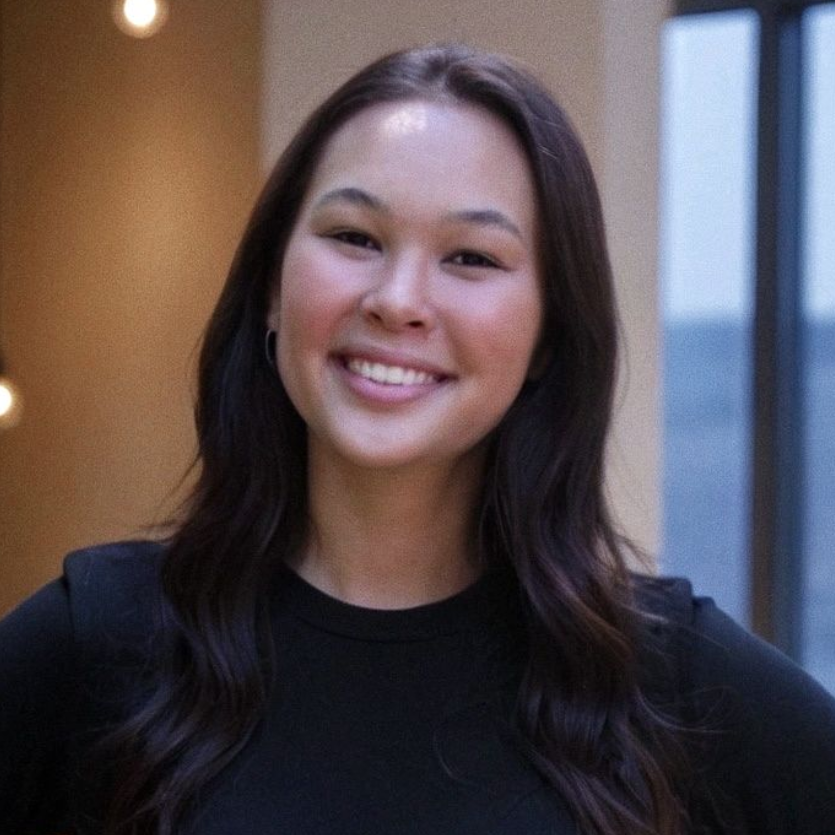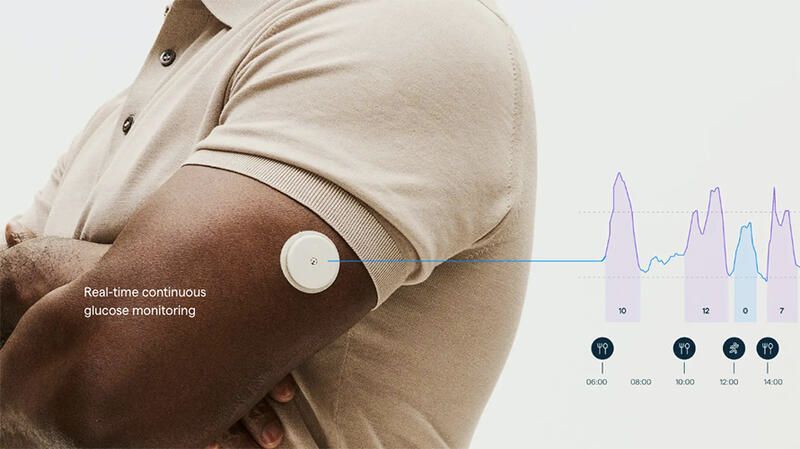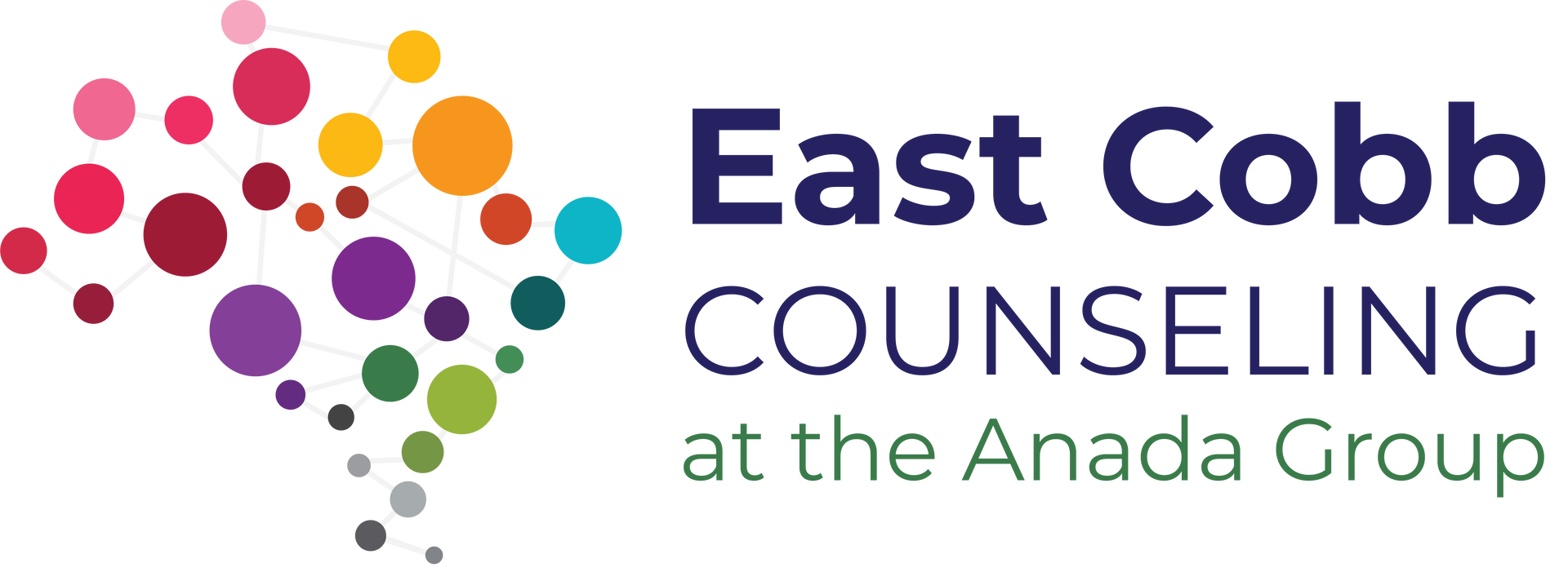By Laurel Clayton-Seheult
•
May 19, 2025
Republished from foodrevolution.org • Blog Credit: Hannah Sentenac Gut Instinct: How Probiotics and Prebiotics Support Your Health from the Inside Out Probiotics are the good bacteria living in your gut. (You have both good and bad bacteria in your body, and a balance is necessary for a healthy gut.) Probiotics help you in a variety of ways: They break down and digest food. They support overall gut health. They ensure the immune system works well. They also play a role in how you think and feel. Gut bacteria can improve the production and regulation of hormones, such as insulin and leptin. And they have been found to produce neurotransmitters, such as serotonin, dopamine, and GABA — which play a key role in your mood. Prebiotics are the food for the good bacteria. They come from the non-digestible fiber in certain plant-based foods. With names such as oligosaccharides, galactooligosaccharide, and inulin, they stimulate the growth and activity of your body’s beneficial bacteria (probiotics). All prebiotics are fiber, but not all fiber is prebiotic. You need both probiotics and prebiotics. They work together to support your microbiome — the community of trillions of bacteria in your body that help it function properly. It’s a synergistic relationship. Without prebiotics as fuel, probiotics would starve — leaving you open to a host of problems, such as leaky gut, a compromised immune system, and constipation. And with no probiotics around to eat them, prebiotics would be of little value to your gut. Probiotic Benefits: What These Friendly Bacteria Can Do for You Some of the health benefits that science is discovering about probiotics include: Improving gut health. Probiotics are known to be good for your digestion, your ability to stay regular, and reducing diarrhea. A healthy digestive system will help minimize gas and bloating. Probiotics may be able to help improve symptoms of inflammatory bowel disease (IBD), irritable bowel syndrome (IBS), Crohn’s disease (an autoimmune disease), urinary tract infections, and other health conditions. Improving the immune system. Probiotics have been shown to boost your immune system against various invaders. Having a healthy bacteria population in your gut protects you from bad bacteria, such as overgrowths of yeast, fungi, and viruses . For example, a 2003 study published in the journal Gut found that the strains Streptococcus thermophilus and Lactobacillus acidophilus protected cells against infection with E. coli. Another study found that women taking Lactobacillus crispatus reduced the risk of urinary tract infections (UTIs) by 50%. Preventing and treating diarrhea. A 2010 study published in The Cochrane Database of Systematic Reviews found that probiotics can reduce the severity and duration of infectious diarrhea. Other studies have found that probiotics can also reduce the risk of diarrhea associated with antibiotic use. Lactobacillus rhamnosus, Lactobacillus casei, and the yeast Saccharomyces boulardii were found to be most effective for preventing the runs. Boosting mental health. Your gut is sometimes called your “second brain,” and its balance of bacteria directly affects your mental health. In both animal and human studies, some strains of probiotics have been found to improve psychological conditions. A 2016 review published in the Journal of Neurogastroenterology and Motility found that probiotics helped with anxiety, depression, autism spectrum disorder (ASD), obsessive-compulsive disorder, and even memory issues . Bifidobacterium longum, Bifidobacterium breve, Bifidobacterium infantis, Lactobacillus helveticus, and Lactobacillus rhamnosus were the strains used in most studies. Lowering blood pressure. A 2014 review of nine studies published in the journal Hypertension found that probiotics may help to reduce blood pressure. Multiple strains of probiotics (those with more than 10 million colony-forming units) were the most beneficial when consumed daily over eight weeks or more. The most commonly studied strains were Lactobacillus acidophilus and Bifidobacterium. Losing weight . In a 2014 study published in the British Journal of Nutrition, women on a diet who took Lactobacillus rhamnosus for three months dropped 50% more weight. Another study found that Lactobacillus paracasei can actually block fat storage. Probiotic Foods: Which Foods Are The Best Sources? A variety of plant-based foods, particularly sour and fermented foods, contain beneficial, probiotic bacteria. Some of the best probiotic foods include: Sauerkraut: A form of fermented cabbage, sauerkraut is full of probiotics created during the fermentation process. Freshly fermented is best, as it maintains the most nutrient density. Kimchi: This traditional Korean food is made using fermentation with cabbage and other veggies. Tempeh: A fermented soybean product that’s high in both protein and probiotics. Miso: A staple in Japanese cuisine, miso paste is commonly used as a base for soups and as a flavoring in many dishes. While rich in probiotics, it’s also high in sodium so it may be best used in moderation. Natto: An unusual food with a unique texture and flavor, Natto is made from fermented soybeans and is rich in probiotics. Kefir: A cultured, probiotic food typically made with cow’s milk. To avoid the negative health effects of dairy, you can opt for coconut or water-based versions instead. Yogurt: To stay plant-based, choose non-dairy varieties, which can also have probiotics. Steer clear of sweetened varieties because sugars can be bad for your digestive health. Pickled vegetables: While cucumbers might be the most popular option, any kind of pickled veggie can provide probiotics as long as they’re unpasteurized. However, you may want to keep consumption of these relatively low, as they’re also high in sodium. A couple more food tips: Eating a variety of probiotic foods will help you get the most benefits and the maximum number of probiotic strains. Also, cooking does reduce or kill the probiotics, but some scientific research is showing that heat-killed probiotics are still beneficial. So while eating probiotic foods raw is best, cooking them doesn’t necessarily mean you won’t get their benefits. Prebiotic Benefits: What They Can Do for You Other than serving as nutrition for probiotics, supporting your gut health, and enhancing your immune system — prebiotics have additional benefits when you consume them. Some of the health benefits of prebiotics include: Enhancing mineral absorption, potential anti-cancer properties, anti-inflammatory, and other immune-assisting effects . A 2011 study published in the Journal of Clinical Gastroenterology reported on these findings. Encouraging normal blood sugar levels. A 2013 study published in the journal Endocrine Practice found that prebiotics may be beneficial for prediabetes and type 2 diabetes. Aiding weight loss . A 2002 study published in The British Journal of Nutrition found that prebiotic foods promote a feeling of fullness, which helps prevent obesity and aids weight loss. Boosting bone health. A 2007 study published in The Journal of Nutrition found that prebiotics enhance the absorption of minerals in the body, including magnesium and possibly iron and calcium — which are all necessary for strong bones. Prebiotic Foods: Which Foods Are The Best Sources? Prebiotics are specific forms of dietary fiber that feed the good bacteria or probiotics. To keep your probiotics going strong, some of the best prebiotic foods to eat include: Jicama: Also known as a Mexican yam bean or a Mexican turnip, jicama is a root vegetable that contains the prebiotic fiber inulin. Chicory root : Chicory root is the root of the chicory vegetable. (The endive is the leafy part.) Some people use it as a coffee substitute because it has a deep, dark flavor when roasted. Raw chicory root is one of the best prebiotic food sources because it’s 65% fiber. Acacia gum: Also known as acacia fiber, you can stir the powder in water and drink it, or take it as a supplement. Amazingly, it has even more fiber than chicory root — it’s 86% fiber, and one of the most potent prebiotics on the planet! Jerusalem Artichokes: These potato-like tubers are high in inulin. You can consume Jerusalem artichokes in raw, cooked, or powdered form. Garlic: Garlic contains inulin and another prebiotic, fructooligosaccharides (FOS). In order to reap its full benefits, consume foods with raw garlic as an ingredient, such as hummus or salsa. Onions: You can eat this kitchen staple raw or cooked to get its prebiotic benefits. Leeks : Members of the Allium family (along with garlic, onions, shallots, chives, and scallions), onions contain about 16% inulin. Dandelion greens: These abundant, backyard greens are 25% prebiotic fiber. You can eat them raw in salads or sautee them for use in various cooked dishes. Leafy greens: In case you need another reason to eat them, researchers discovered that leafy greens, such as spinach, have abundant prebiotics. Asparagus: Eating asparagus raw is best to get its prebiotic benefits. Try chopping it up in a salad. Or if the texture is too tough, you can lightly steam it or even ferment it. Legumes: Legumes, such as beans, lentils, and chickpeas, are packed with oligosaccharides, a type of prebiotic. Bananas: Bananas are known to soothe the gut naturally and reduce bloating. For the greatest probiotic effect, choose under-ripe bananas. Note: Consuming prebiotic vegetables raw is often optimal because it helps preserve their fiber content. Should You Take Probiotic Supplements? Do you need to take supplements to get all the probiotics your need? Food Revolution expert Dr. Joel Fuhrman says: “If you are in good health and are consuming a healthful plant-based diet you don’t necessarily need to take probiotics.” So, if you’re eating prebiotic and probiotic foods every day that are good for gut health — you may not need a supplement. Why You Might Want to Take A Probiotic Supplement You might want to take a probiotic supplement for these reasons: When taking antibiotics To improve your gut health If you’re stressed or traveling, To improve your immune function and when sick with a cold or flu, or To treat health conditions, such as irritable bowel syndrome, diarrhea, colitis, acne, and eczema What to Look for in A Probiotic Supplement When selecting a probiotic supplement, there are a couple of things you should consider. First, probiotic options vary widely. According to a 2010 study published in the American Journal of Health-System Pharmacy, there is no consensus on how many microorganisms are necessary to achieve health benefits, but “a probiotic should typically contain several billion microorganisms to increase the chance that adequate gut colonization will occur.” Colony-forming units (CFU) are the number of active cultures in a probiotic. Try to choose a formula that includes CFUs in the billions. And generally, the more, the better. It’s also good to choose a probiotic with a broad spectrum of strains since they work best as a team. Remember: You need to refrigerate live probiotics. Shelf-stable (freeze-dried) probiotics do not require refrigeration. However, both will have expiration dates, so be sure to stay aware of that while you’re taking them. How To Get The Most from Your Probiotic Supplement You should know that probiotic supplements don’t always work. In fact, the vast majority of probiotic bacteria are active and effective in the lower portions of the gastrointestinal (GI) tract, which means these bacteria must survive your highly acidic stomach environment. So how can you keep the probiotics intact? In a 2011 study published in Beneficial Microbes, researchers looked at whether probiotic supplements were better when swallowed on an empty stomach or with a meal . The researchers found that probiotic bacteria had the highest rates of survival when taken within 30 minutes before or simultaneously with a meal or drink that contained some fat. Can You Take Prebiotics and Probiotics Together? You can eat prebiotic and probiotic foods together or separately, as long as you’re eating a variety of both to reap all the benefits. But combining probiotic foods and prebiotic foods may be the best way to get all the synergistic effects of these beneficial components. The combination is called synbiotic — a word that was first coined for use in supplements but is also used for food.

